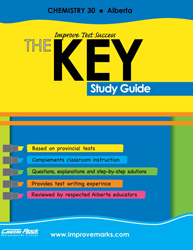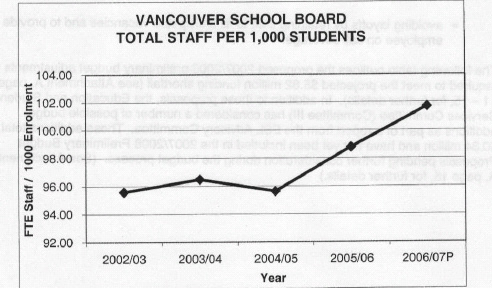Ethical research is an important aspect of most university-based research. As a researcher one has to pay close attention to a series of critical guiding principles designed by the Interagency Advisory Panel on Research Ethics’ Tri-Council Policy Statement on ethics. The guiding principles lay out a clear set of directives. These three principles are of particular interest in the question: “Does the Fraser Institutes’s report Card pass the ethics test?”:
- Respect for Human Dignity
- Respect for Free and Informed Consent
- Respect for Vulnerable Persons
Let’s consider each of these three principles in turn.
According to the Tri-Council policy respect for human dignity is the “cardinal principle of modern research ethics.” This is the fundamental principle that should govern research. Ethical research must place the dignity of the person first and foremost. This necessarily means insuring that any potential harm to a research subject is minimized or non-existent. It should also mean that any benefit to the research subject out way the potential harm. And that through the research process the dignity of the research subject is maintained.
Free and informed consent is a critical extension of respecting human dignity. It means that any subject of research, or in the event of a child or person incapable of giving informed consent, their caregiver/guardian, has reasonable time to provide informed prior consent to being a subject of a research project. This is an important point. Research that draws upon data collected for one purpose and then used for another does not pass the ethical review test.
Finally, respecting human dignity “entails high ethical obligations toward vulnerable persons—to those whose diminished competence and/or decision making capacity make them vulnerable.” This would include children under legal age. According to the Tri-Council Policies: “ethical obligations to vulnerable individuals in the research enterprise will often translate into special procedures to protect their interests.”
The Fraser Institute report card uses data that was gathered specifically for the purpose of the Ministry of Education to evaluate the effectiveness of learning. Drawing upon the Tri-Council Policy the use of this data beyond it’s initial purpose raises series ethical concerns.
(1) There is no informed consent on the part of parents. In fact, the Deputy Minister of Education has remained school administrators that the School Act specific mandates that all students take this exam. There is a very limit possibility of opt out. But, the basic approach is that everyone is involved unless special permission is granted to an individual. This violates standard ethics review procedures.
(2)This leads to a further concern regarding whether or not those participating as research subjects (i.e. students writing the FSA’s and/or their parents) felt that they could in fact refuse to participate. Or, perhaps their felt unable to refuse given the structural power and authority of school administrators and teachers administering the exam. From an ethical standpoint a potential research subject how is placed in a position in which they do not feel they can say no is seen as an undue abuse of power and thus unethical.
(3) Given the way the data is coded and stored and then made available to external agencies there is ultimately very little control over the privacy and confidentiality of the research subjects.
Of course the government can set aside ethical guidelines and act in an unethical fashion if it wants to -that’s part of the price of our form of government. Lobby-groups can also take up the date that has been collected without informed consent and then use it to advance their own political agendas.
Ethical Research Report Card:
- Fraser institute D-
- Ministry of Education F
 Test prepping is big business. The linkages between advocates of expanded testing and corporations profiting are at times hidden behind multiple layers of faux-academic research and policy institutions -like the
Test prepping is big business. The linkages between advocates of expanded testing and corporations profiting are at times hidden behind multiple layers of faux-academic research and policy institutions -like the 
